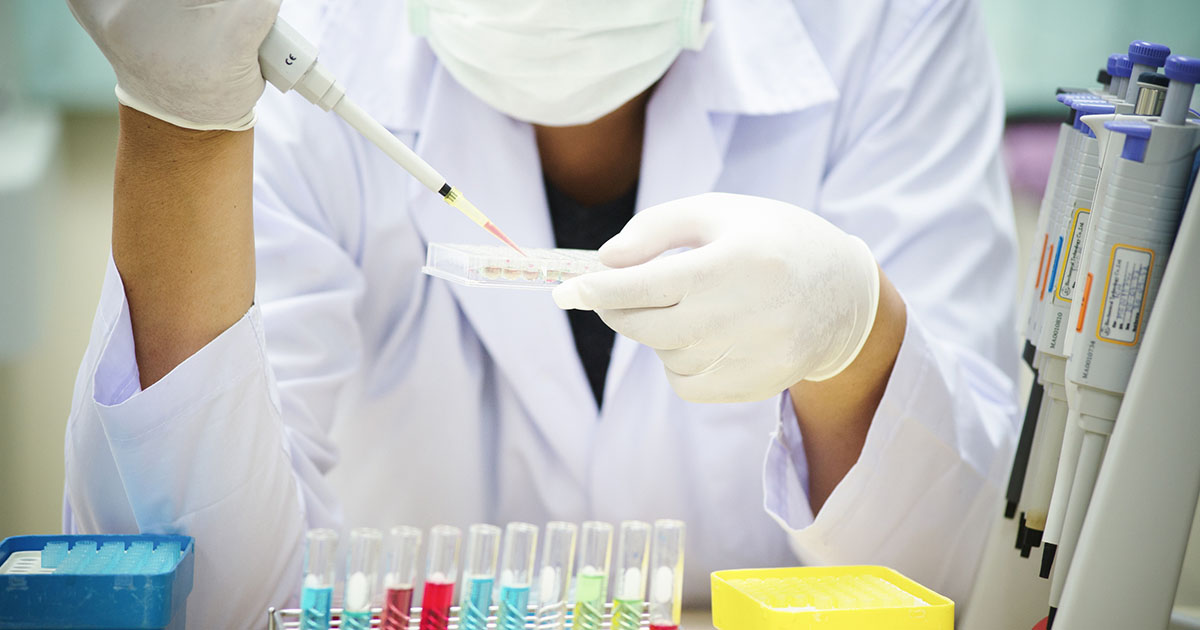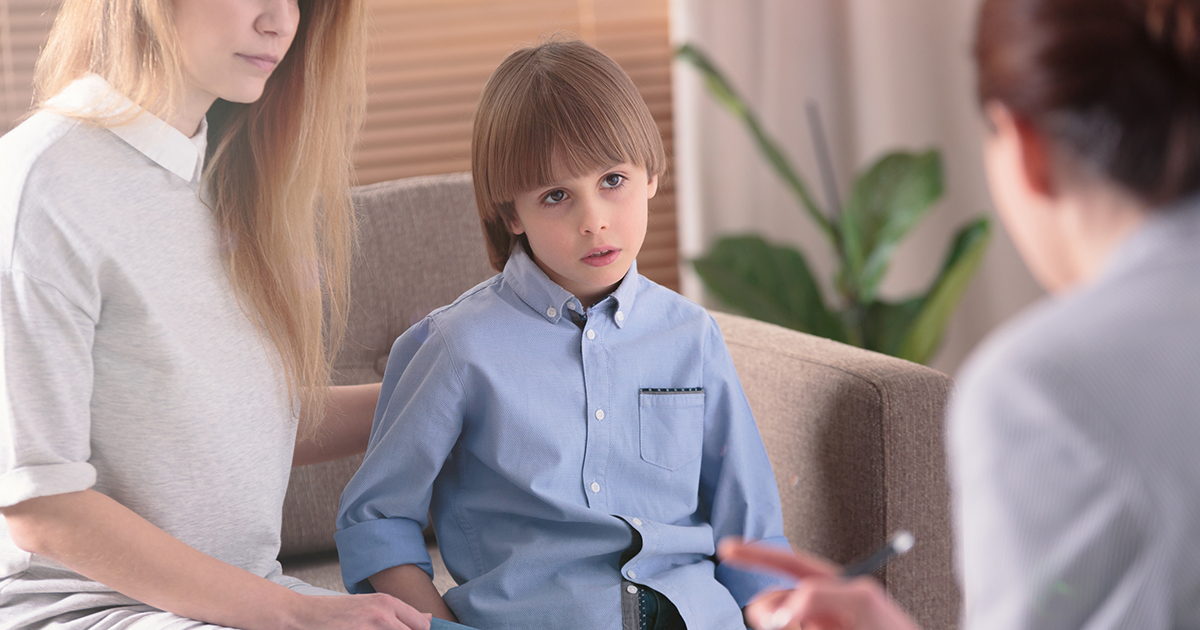Diagnosing And Treating Angelman Syndrome
Angelman syndrome is a genetic disease characterized by such symptoms as seizures, small head size, intellectual impairment, sleep problems, speech impairment, and difficulties with movement and balance. Parents generally notice their infant isn't developing normally at around one year old. Angelman syndrome can only be managed, not cured, though a patient's life expectancy is about normal. The disease is caused by damage to a gene located on chromosome 15. Most of the time, it's damage to the maternal chromosome copy that causes the problem. Rarely, Angelman syndrome can be caused when an individual inherits two paternal copies of chromosome 15, rather than one from each parent. Angelman syndrome is sometimes called happy puppet syndrome. This is because those afflicted tend to display jerky movements and sunny personalities. Get to know how Angelman syndrome is diagnosed and treated now.
Genetic Testing

Not all chromosomes inherited from two parents behave in the same way. In other words, genes located on a particular chromosome may behave differently depending on whether the gene came from the mother or the father. The gene called UBE3A is the one involved in Angelman syndrome. In average and healthy individuals, only the maternal copy of this gene is active in the brain. The paternal one is silent, or turned off. A damaged UBE3A gene, revealed by genetic testing, will cause neurological symptoms mainly because there is no active counterpart gene to take over its functions.
In most cases of a genetic disease, if an individual inherits a defective gene from one parent and a normal one from the other, the normal gene will take over the functions of the defective one. These individuals are known as carriers. Carriers can pass the defective gene on to their future offspring, but the carrier will be free of disease. However, because the paternal copy of the UBE3A gene is inactive in the brain, it only takes a defective or deleted maternal UBE3A gene to produce Angelman syndrome.
Get to know the next bit about treating Angelman syndrome now.
Behavior Therapy

Behavior therapy is used to modify negative behavior patterns seen in many types of mental health disorders. Children diagnosed with Angelman syndrome should receive therapy as soon as possible. The younger the child, the better the results will generally be. Children with Angelman syndrome often have agreeable personalities and smile and laugh a lot. However, they can also be aggressive and may have tendencies to want to hurt themselves, and many are plagued with sleeping disorders. A significant number show a peculiar fascination with water.
Behavioral therapy works on the principle that all behaviors are learned and can be unlearned. Therapists work with Angelman syndrome patients to help them focus on their negative behaviors and how to change them. For children, cognitive behavioral play therapy is commonly used. Therapists observe Angelman syndrome children at play to gain insight into their thoughts. For example, they may use toys to role-play with the child, helping them to learn socially acceptable ways to handle different situations.
Continue reading to reveal more about treating Angelman syndrome.
